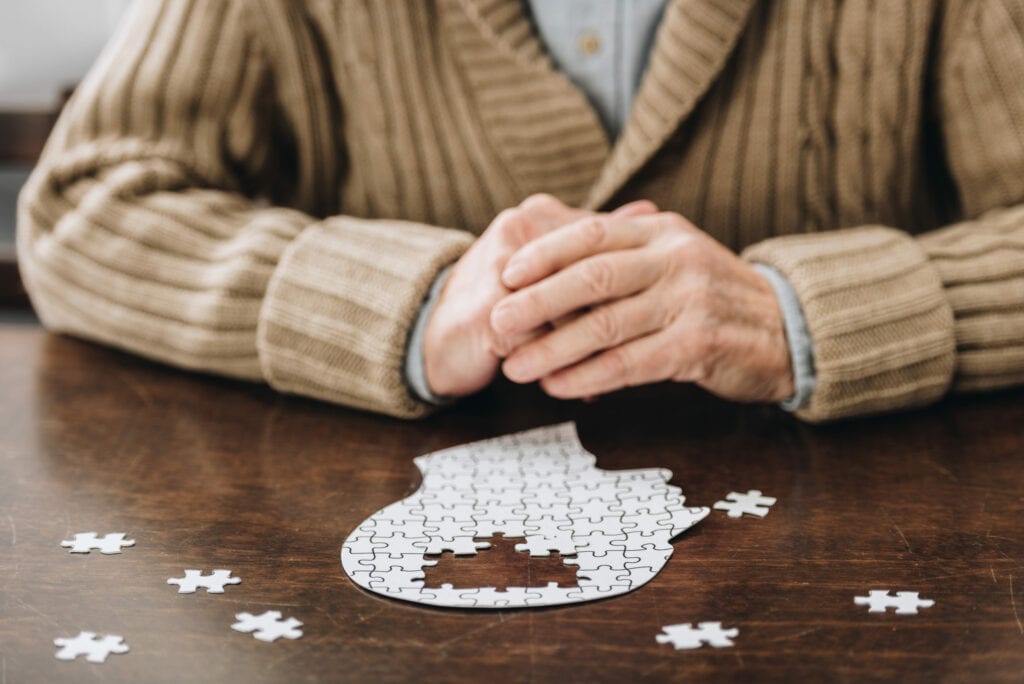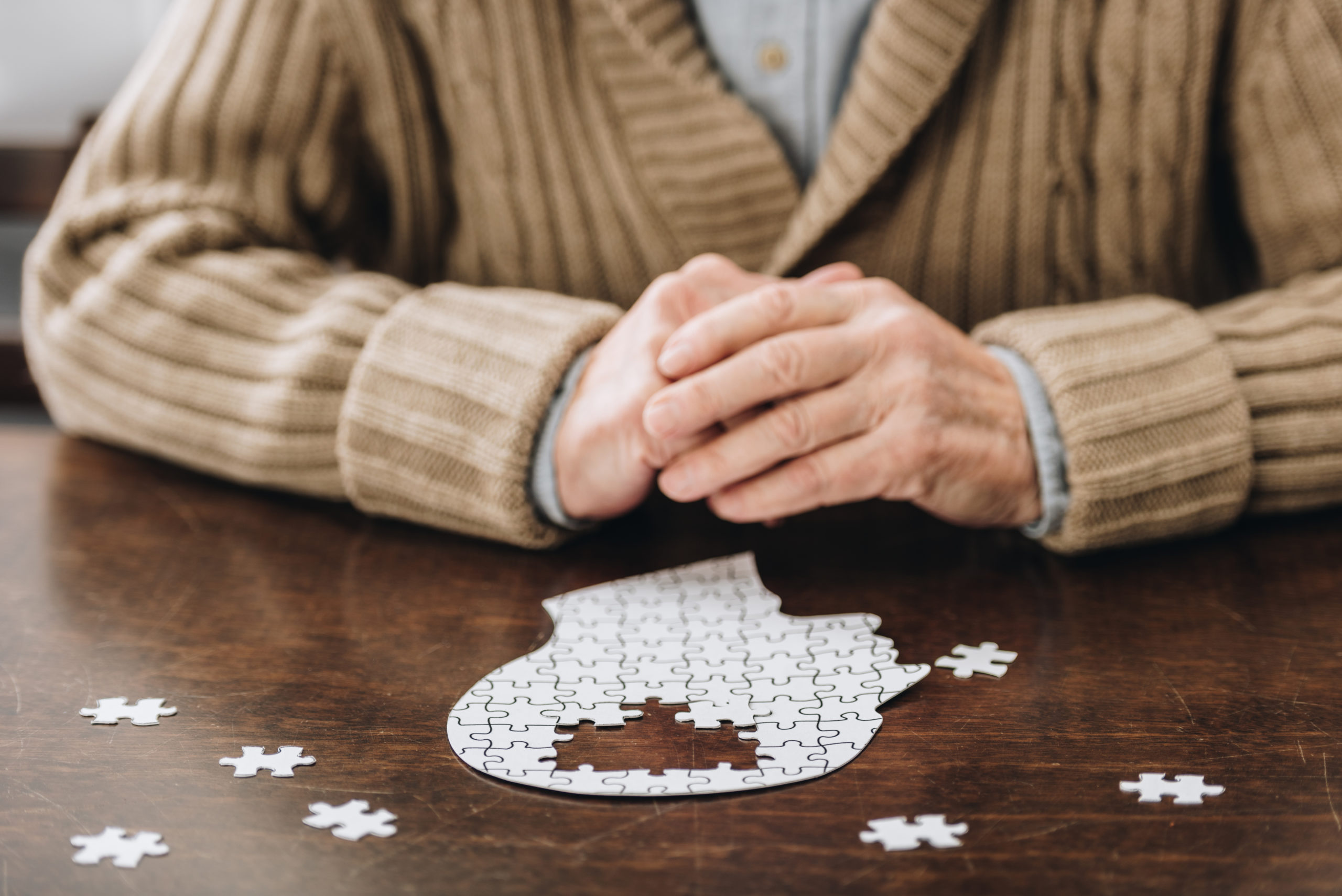
In the early stage of Alzheimer’s, most people function independently. He or she may still drive, take part in social activities, volunteer, and even work. Your role as a care partner is an important one: to provide support and companionship. He also helps that person who is with Dementia symptoms and plans for the future.
“Early stage” refers to people, irrespective of age, who are diagnosed with Alzheimer’s disease or a related disorder, and are in the beginning stage of the disease. The early stage of Alzheimer’s can last for years. A diagnosis of early-stage Alzheimer’s disease doesn’t just affect those with the disease; it affects everyone who loves and cares about them. Learn more about the stages of Alzheimer’s.
Finding a new balance for Dementia symptoms
One of the greatest challenges care partners face is not knowing how much assistance to give or when to give it. Because the person with early-stage dementia is primarily independent with dressing, bathing, walking, and may still drive, volunteer or work. The most difficult tasks may involve managing a daily schedule or household budget.
As a care partner, your support with these everyday tasks can help the person with dementia symptoms develop new coping strategies that will help to maximize his or her independence. Every relationship is different, but finding balance between interdependence and independence may increase confidence for both of you.
Support for the Person having Dementia
To help you determine when and how to provide the most appropriate support to a person living in the early stage of dementia consider these tips used by other care partners:
- Safety first: Is there an immediate safety risk for the person with dementia symptoms to perform this task alone? If there is no immediate risk of injury or harm, provide encouragement and continue to provide supervision as necessary.
- Avoid stress: Prioritize tasks or actions that do not cause unnecessary stress for the person with dementia symptoms. For example, if you know that grocery shopping will be frustrating for the person with dementia, ask for their participation to outline a weekly menu and organize a grocery list.
- Make a positive assumption: Assume that the person with dementia symptoms is capable of completing the task. If you sense frustration, try to identify the cause of the frustration before intervening. Focus on his or her current needs, rather than dwelling on the future.
- Create a help signal: Identify a cue or phrase that you can use to confirm if the person with dementia symptoms is comfortable receiving support. For example, you may agree to use a phrase like, “Is there anything I can do to help?” or a nod to signal that it’s ok to chime in if the person with dementia is having difficulty remembering a word or name.
- Talk it over: The best way to determine how and when to provide support is to ask directly. Ask the person with dementia symptoms what they need or the frustrations they may be experiencing. Talk about it, then make a plan.
- Work better together: Find activities to do together and keep the conversation going about expectations for how you will provide support. Check in regularly by asking the person with dementia symptoms. If you are providing a level of assistance that is comfortable or adequate.
Maximizing independence
While every person experiences the early stage of dementia differently. It is common that a person in the early-stage may need cues and reminders to help with memory. As a care partner, it may be necessary for you to take the initiative to determine how you may be able to help. For example, he or she may need help with:
- Keeping appointments
- Remembering words or names
- Recalling familiar places or people
- Managing money
- Keeping track of medications
- Planning or organizing
- Transportation
Focus on the person’s strengths and how they can remain as independent as possible, and establish a strong channel of communication. Consider ways to work together as a team. In most cases, your loved one will eventually rely on you and their caregiver fully to ensure that they ADL’s are met and they are comfortable.







